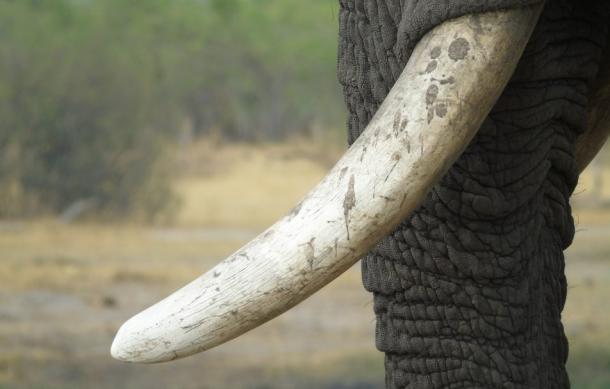
Namibia will support the proposal seeking to allow the trade of raw ivory from elephant populations at this year's Convention on International Trade in Endangered Species (CITES) of Wildlife, Fauna, and Flora in Panama.
Southern African countries are home to more than 200 thousand elephants.
This represents 70% of Africa's elephant population, and about 24 thousand are in Namibia.
The region has over the years been battling with elephant poaching, which threatens the number of the species.
It is for this reason that they proposed the sale of the ivory stockpile as a way to reduce poaching and allow communities to benefit from living with these animals.
A ban on the sale of ivory was introduced by CITES in 1989 as a way to fight poaching.
In 2016 and 2019, Namibia, Botswana, and Zimbabwe proposed at CITES to sell ivory acquired through natural deaths, confiscations, and culling.
However, this was rejected by the UN body.
Namibia currently has an ivory stockpile of more than 69 thousand kilograms, which is valued at over N$1 billion.
The spokesperson in the Ministry of Environment, Forestry, and Tourism, Romeo Muyunda, says Namibia would again support Zimbabwe's proposal regarding trade in raw stockpiled ivory.
In 2019, SADC countries threatened to leave CITES when their proposal for a once-off sale of their ivory stockpiles was turned down.
Muyunda says Namibia, joined by Botswana, has submitted a proposal to transfer the population of southern white rhinos in Namibia from Appendix 1 to Appendix 2.
Furthermore, Namibia, Eswatini, and Zimbabwe have submitted a request that mechanisms be created to enable rural communities to participate in CITES decision-making processes.
Namibia, Muyunda says, is also expected to oppose proposals that are not compatible with the country's conservation policies, such as the management of lions, elephants, hippos, and rhinos.
CITES takes place every two to three years to review the implementation of its convention, including the reviewing of the existing trade mechanisms and considering new ones.
The Environment Ministry's Executive Director, Teofilus Nghitila, will lead the Namibian team.





